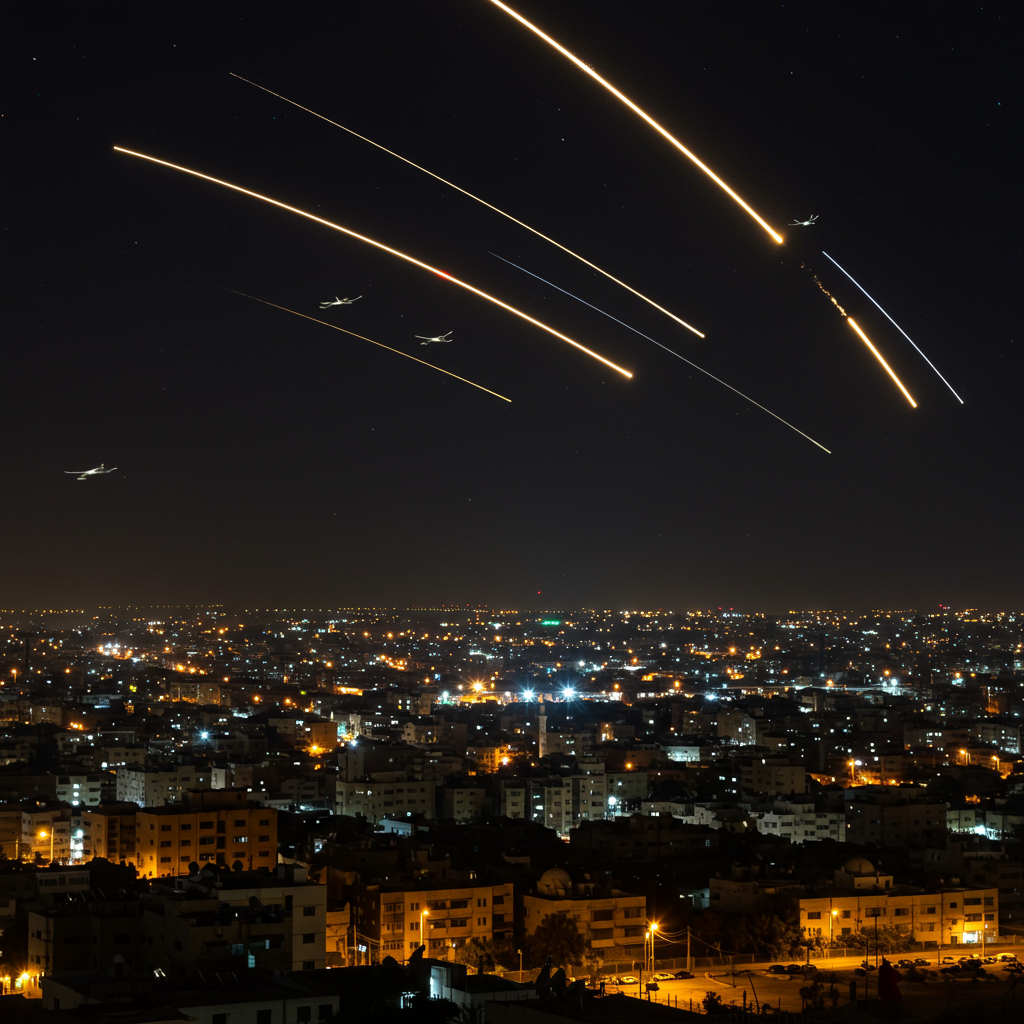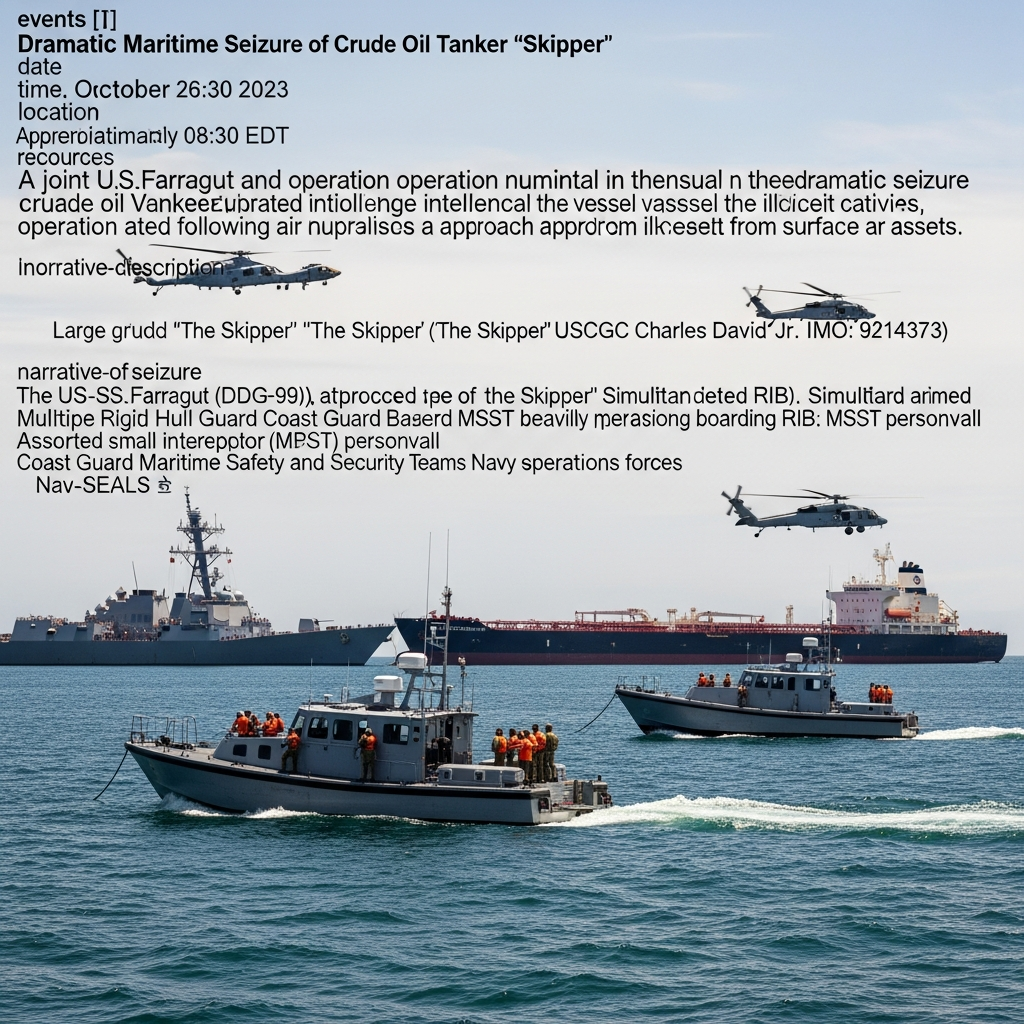Tensions between Iran and Israel have dramatically escalated as both nations exchange missile strikes, fueling widespread protests and drawing urgent reactions from the international community.
The conflict sees Iran launching numerous ballistic missiles and drones towards Israel, while Israel conducts counter-strikes targeting Iranian military and nuclear infrastructure.
Iran’s Actions: Strikes and Internal Reaction
Iran has deployed multiple waves of missile attacks, with targets including major Israeli cities like Tel Aviv, Haifa, Jerusalem, and Beersheba. The Islamic Revolutionary Guard Corps (IRGC) has claimed responsibility, asserting its missile capabilities are growing and have achieved “precise hits” on military facilities, including the Nevatim and Hatzerim bases.
However, Israeli and international reports indicate strikes have also impacted civilian areas. Iranian missile fire reportedly hit apartment buildings and a daycare center (though empty), and caused damage to Soroka Hospital, the largest medical facility in southern Israel. Iran denies deliberately targeting civilians, stating it aims at nearby military sites, but Israel disputes this, calling the Soroka attack a war crime. Strikes have also reportedly damaged historic mosques in Haifa during prayer times. The scale of Iranian attacks is significant, with Israel claiming over 400 ballistic missiles and 1,000 drones were launched since the escalation intensified, though Israeli defense systems intercepted many. Concerns have also been raised about Iran’s use of sophisticated weaponry, such as a Khorramshahr-4 ballistic missile reportedly carrying a cluster bomb warhead with a wide blast radius.
Amidst the military exchanges, mass protests have erupted across Iran, including in the capital Tehran. While some expected these demonstrations to oppose the government due to the conflict’s impact, analysts suggest Israel and the US’s hoped-for “chaos” has instead fostered a sense of national unity against perceived external aggression. Many citizens, including those who don’t typically attend, participated in crowded Friday prayers to condemn Israeli actions, effectively “rallying around the flag.”
Iran’s cyber infrastructure has also been impacted, with reports of a significant nationwide internet blackout following alleged cyberattacks.
Israel Responds with Force and Diplomacy
Israel has retaliated with extensive airstrikes across Iran, claiming to have hit over 1,100 targets. These strikes focus on military infrastructure, intelligence headquarters (even within Tehran), ballistic missile production and storage facilities, radar systems, and sites linked to Iran’s nuclear program, including facilities near Arak, Natanz, and Isfahan. Israel asserts these operations are aimed at eliminating the “existential threat” posed by Iran’s nuclear ambitions and missile arsenal, emphasizing they target the regime, not the Iranian populace. Israeli officials have stated their air force is operating “freely” in Iranian airspace and have claimed to have eliminated senior Iranian military and Hezbollah commanders.
In diplomatic arenas, Israel has adopted a combative stance. At the UN Security Council, Israel’s ambassador launched sharp criticism against his Iranian counterpart, dismissing him as a “wolf pretending to be a diplomat” and accusing Iran of “playing victim.” The Israeli ambassador also sought to broaden international support by claiming Iran’s ballistic missile capabilities threaten Western Europe and the US East Coast, though these claims were characterized as unsubstantiated by observers. Israel has firmly defended its actions as necessary self-defense, refusing to apologize for striking Iran’s nuclear facilities or “neutralizing the threat.”
Legal Challenges and Nuclear Dangers
The legality of Israel’s attacks under international law, particularly the justification of “anticipatory self-defence,” faces significant scrutiny. Experts argue that international law generally requires an imminent threat of attack and military force being the only available option to justify such action. Many international law scholars contend there is insufficient evidence of an imminent Iranian nuclear attack to meet this threshold, even under broad interpretations of self-defence.
Concerns about Iran’s nuclear program are central to the conflict. The International Atomic Energy Agency (IAEA) has expressed “serious concern” about Iran’s rapid accumulation of highly-enriched uranium (up to 60% purity with traces of 83.7%) and its failure to fully cooperate with investigations since the US withdrawal from the JCPOA nuclear deal. While the IAEA cannot fully verify the peaceful nature of Iran’s program and recently declared Iran non-compliant with safeguards, the agency’s head has also stated there is “not had any proof of a systematic effort to move into a nuclear weapon.” Despite this, Israel continues to target nuclear-linked sites, intensifying fears. A particular alarm has been raised by the IAEA, Russia, and Saudi Arabia regarding the potential for a catastrophic release of radioactivity if the Bushehr nuclear power plant were to be hit or its power supply damaged. Iran maintains its program is peaceful and, following Israeli strikes, has reportedly prepared legislation to potentially withdraw from the Non-Proliferation Treaty (NPT).
Global Reactions and Diplomatic Efforts
The international community is largely urging de-escalation. Calls for restraint have come from major powers including the G7, the UK, the European Union, and China. European nations, concerned about regional destabilization and economic impacts like rising energy prices, are actively pursuing diplomatic engagement. Iranian and European officials have held talks in Geneva concerning the nuclear program and the escalating conflict, though reports indicate a break for consultations. Iran has stated diplomacy is possible only if Israeli aggression ceases and has reportedly rejected a US request for negotiations, indicating it will not accept demands for “zero enrichment.”
The United States, while deploying military assets to the region including aircraft carriers and jets, maintains an ambiguous public stance on direct intervention, with President Trump stating potential military action is possible but not certain. The US has, however, taken action by imposing sanctions targeting individuals and entities linked to financing the Iran-backed Houthis, who have been involved in regional actions affecting maritime security.
Russia has criticized Israel for disregarding diplomatic efforts but has not indicated it will provide military support to Iran. Turkish President Erdogan issued a stark warning that the conflict is rapidly approaching a “point of no return,” with potential long-term consequences for the region and beyond, including risks of significant migration flows into Europe and even nuclear leakage.
Amidst the high-level military and political maneuvers, the conflict is impacting civilians. Reports from Israel describe fear and shock, with one account highlighting a Palestinian nurse allegedly being denied entry to a bomb shelter during an air raid. Mass protests against Israeli actions have also spread across the Middle East beyond Iran, including in Iraq, Yemen, and southern Beirut.
As strikes continue and diplomatic efforts falter, the volatile situation leaves the region on edge, with warnings of wider catastrophic consequences looming large.



